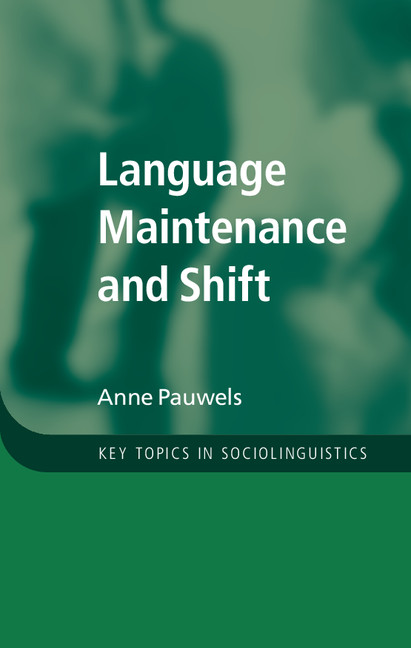
- Browse Category
Subjects
 We Begin at the EndLearn More
We Begin at the EndLearn More - Choice Picks
- Top 100 Free Books
- Blog
- Recently Added
- Submit your eBook
password reset instructions

Originally published in 1986. As the keystone of public policy-making and social reform in the post-war period, education has been expected to fuel economic growth, facilitate equality of opportunity, and afford social justice to the deprived. But its vision and objectives are now being questioned in ways which have enormous implications for the management of the service - the traditional balances of autonomy, power and accountability are being redefined.
The contributors to this book discuss the effects that this changing environment has had upon a variety of practitioners, and analyse problems and initiatives that are developing within key policy sectors in curriculum and assessment, in the professionalism of teachers, in planning, and in finance. Three major alternative strategies for resolving current dilemmas in the government of education are then reviewed: a further concentration of power at the centre; a community service which would decentralize decision-taking to schools and their local communities; a strengthening of the powers of the local authority. Finally, the editors evaluate these alternatives before proposing their own reconstruction of the government of education.
Less- Publication date
- Language
- ISBN
- July 8, 2018
- English
- 7de200fd-cc64-484d-917b-36e3d3003cd9
















.jpg)







